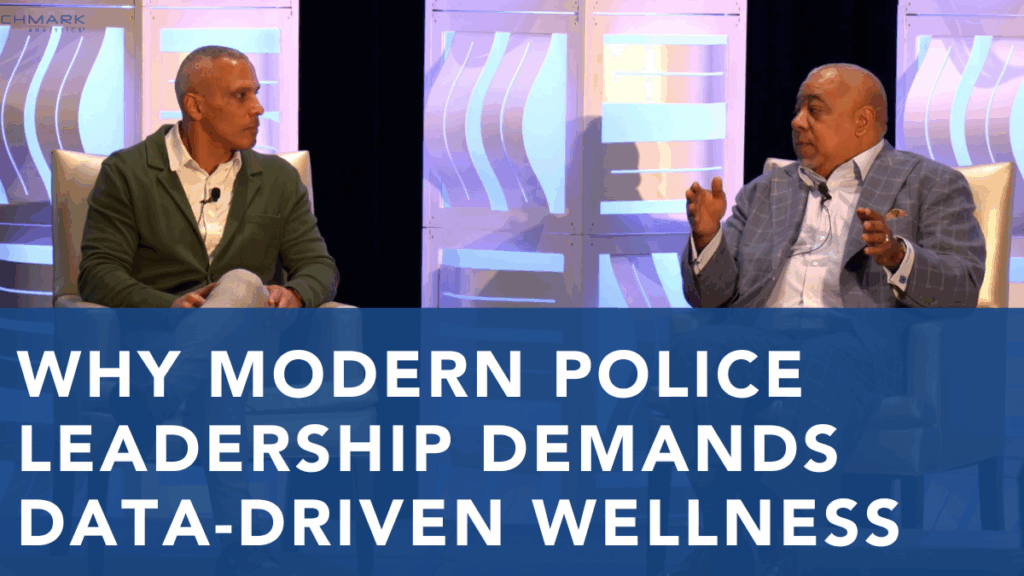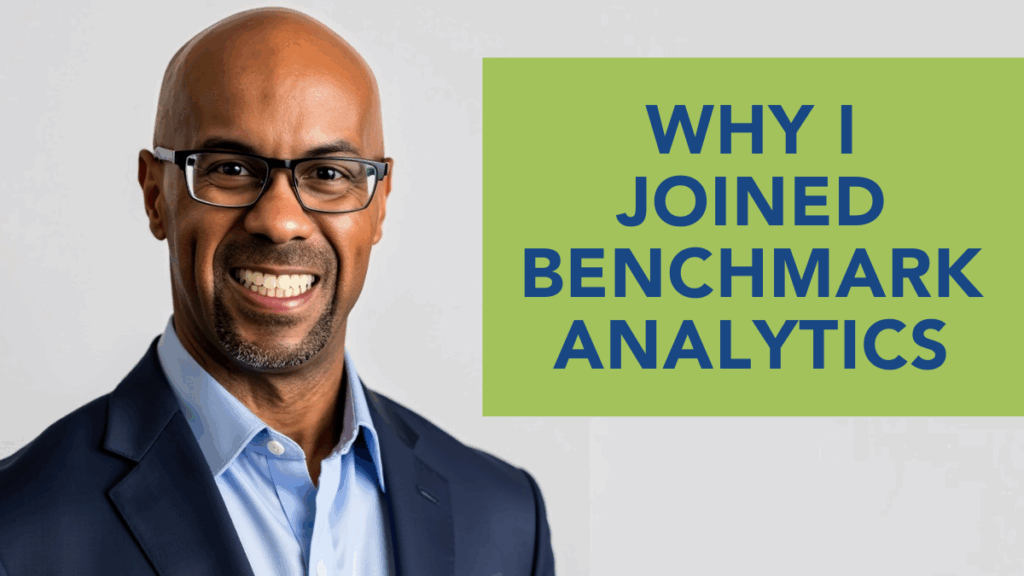Understanding Our Past to Address Police Reform Today
Posted
November 18, 2020
Share:
The following is part 1 of 2 in our IACP Leadership Series conversation between Benchmark CEO Ron Huberman and Bill Bratton, former Police Commissioner of New York City. In this entry, Mr. Bratton shares his expert historical perspective of policing platforms from different eras, which have all come together at this particular moment in time.
RH: Bill, this moment in American policing history seems to me to be different than almost any other historical precedent. Can you share your thoughts on how you might think of this moment of time relative to other moments in American policing — and what lessons might be learned from other moments like this that have been experienced?
BB: Well, I look at this period of time from the perspective of the 50 years I have actively spent in law enforcement or associated with it. I joined the Boston Police Department on October 7th, 1970. Over these last 50 years, I’ve been a witness to, a participant in, and in some instances, a leader in the ongoing evolution of policing in our country.
In many respects, that evolution has been marked by periods of revolution because the changes are so profound. At this point in time — 2019 to 2020 — we are in one of those revolutionary periods. It’s a major inflection point in terms of where it’s going to end up. The irony is police are always reforming. It’s like the practice of medicine…it’s like watching what’s going on with the coronavirus. We’re continually evolving and reforming. Well similarly, there’s a crime virus, where we’re always reforming and trying to find new ways to deal with it.
Going back to 1970 — I’m a great friend of, colleague, and admirer of George Kelling and his writing. George was so influential in my life over these last 50 years and has been so influential in American policing. I would argue that he’s the godfather of American policing…and he describes eras of policing in this country. One being the political era up to probably the 1930s, ’40s, early ’50s — in which politics really ruled policing in terms of its growth, its effectiveness, and its impact. Then in the ’50s, ’60s, and certainly into the ’70s, we entered into what was called and what George described as the Reform Era, the professionalization of American policing. That’s when I came into the business, and the profession which described itself as a profession in 1970 was anything but.
The first revolution that I was exposed to was in the 1970s. In the next 20 to 30 years, we were in that reform professional era — new technologies…911 came into being…computers…and much better training. At the same time, however, we were losing the fight against crime and disorder. I emphasize crime and disorder because I go back to Sir Robert Peel, the Peelian principles — the first being the basic mission for which the police exist is to prevent crime and disorder.
One of the problems of the professional reform era was that we moved away from the idea that police could prevent; we focused instead on response because society was supposed to figure out how to prevent crime — a major mistake. We lost the fight against crime and disorder in the ’80s. Effectively, in 1990 throughout the country…New York City, which I was very intimate with…and Boston at that time, we had the worst crime years in the history of those cities and our country.
But another revolution occurred, one that I was pleased to be a participant of because it was birthed at Harvard University, the Kennedy School of Government, with the Executive Sessions on Policing, 17 major papers that effectively formed the foundation of community policing — neighborhood policing as we described it. I was privileged to write the last paper of the 17 with George Kelling; George wrote or co-authored six of those.
In the ’90s, we saw the benefit of that guidance, of that reform of American policing. That was assisted in 1994, with the creation of CompStat, the use of data to identify more quickly where problems were developing so we could move more quickly to prevent them — as well as accountability. So, we moved into the 21st century with crime going down dramatically and the profession continuing to reform and improve.
And then in the 21st Century, another revolution — 9/11, where American policing had to pivot very quickly to also deal with the issue of terrorism. Then a little later in that decade, 2007/2008, we had the birthing of the smartphone and all of the social media that came with it — Kindle, Twitter, and all those revolutions. In 2014, another revolution, Al Qaeda was superseded by ISIS as the major terrorist threat.
But also, in 2014, Ferguson, Missouri and the Garner incident in Staten Island in New York — which gave birth once again to the racial injustice issues that had always been percolating just below the surface. And once again, police were at the center of that — if anything they were the match that set the kindling on fire.
For the last four years, we have been engulfed, if you will, with the continuing threat of terrorism, a rebirth of the crime and disorder issue, the birthing of the Black Lives Matter issue, and all of those at this time in history are unresolved. They are all still a work in progress. Hopefully, that was a quick walk through.
RH: Yes, that’s exactly what I was hoping for though because you’ve lived through it and you led through those moments of American policing history. I think it’s lost on a lot of folks, or they just haven’t had the advantage of your experience. Bill, what strikes me about the current moment in reform is that there are lessons from each of those eras, lessons such as making the officer, so-called a warrior, because they’re only brought to bear for the most hardened criminals.
We can think of a lot of examples where history might suggest that the right next steps for American police reform are different than what is being prescribed in cities across our nation. Can you give a little perspective to what you are observing as the reforms that are being called for? What you would say from a historical perspective — are they on the right track, are they on the wrong track? How should a chief today think about that?
BB: To get back to 2020, we need to go back again quickly to the ’70s and ’80s. As part of that professional reform era, we were also dealing with rising crime, almost unchecked in the ’70s, and ’80s. The focus of policing was also attempting to deal with the 911 mess that was created, if you will, we were overwhelmed by 911 technology. We were also overwhelmed by crime and disorder. And so, policing, even as it was reforming, was recruiting and training and focused on the idea of fighting the war on crime.
That’s what the strength of community policing was, because as it evolved into the ’90s, community policing emphasized a lot of the Peelian principles of partnership. Police couldn’t do it alone, even as warriors. They needed partners in the rest of the criminal justice system, but in particular, they needed to work with the community. In working with the community, they had to identify the problems that were making the communities unsafe and fearful. And so, for the first time, policing began to engage with communities to understand cities like New York with 276 different neighborhoods. Chicago, probably many similar different neighborhoods. No two neighborhoods have exactly the same set of problems. Well, we tried to police it as a monolithic entity, and were policing it in response mode. In the ’90s, we shifted to focus on community priorities, partnerships, and the goal became prevention of crime…measured crime…where two, three, four incidents developed a pattern trend before they became 20 or 30.
Coming into the 21st century and moving up to 2020 very quickly…what is being asked of the police now, in some respects, the irony of the moment, is that the reforms of the last 30 years which I’m intimate with…I think of myself as a reformer, I think of the organizations I work with – PERF, Major Cities Chiefs, my colleagues in many of the major cities around the country, IACP – that we’ve been focused on reform. We’ve been focused on better training, better recruiting, diversification, better use of technology, better officer safety, de-escalation.
The irony is everything that is being looked for at the moment, we’re in an etch-a-sketch moment where those that are demanding reform are totally neglecting all the reform that has occurred to date. Everything in President Obama’s 21st Century initiative back in 2015 and 2016, the NYPD was doing with one or two exceptions — everything. The reform efforts of many police departments that I’m intimate with – New York, LA, Boston – were there. Were they there as far as an ultimate outcome? No, but they were embracing change.
The change that’s being looked for now, the concern I have is a generation driving the demand for change who have no memory, no understanding of history in terms of how far we have come. I would argue, American policing is one of the most progressive institutions, if not professions, in America in terms of our efforts to diversify. Where we are is not where we want to be certainly, but where we are, we’re not getting credit from where we’ve come from.
RH: Yes, lots of progress and lots of room to go, I think for sure.
Don’t miss Part 2 in our post, The Role of Societal Change in Police Reform and Accountability. Mr. Bratton discusses current police accountability intentions and the need to re-imagine society in order to reform policing.
This interview has been edited for clarity.
Related Posts
Ready to Experience the Benchmark Difference?
Benchmark Analytics and its powerful suite of solutions can help you turn your agency’s challenges into opportunities. Get in touch with our expert team today.



